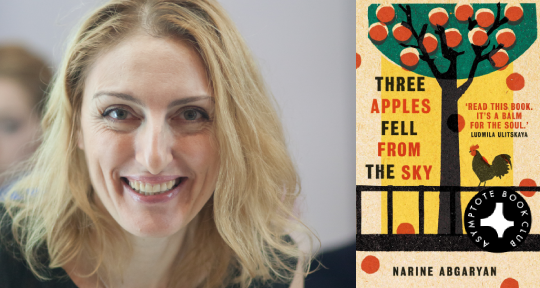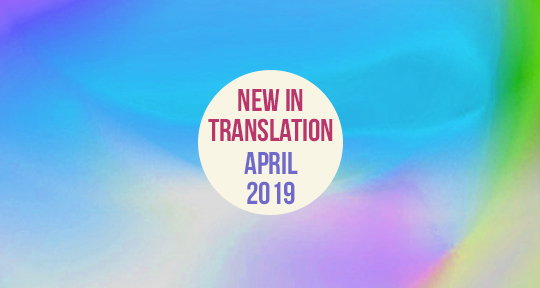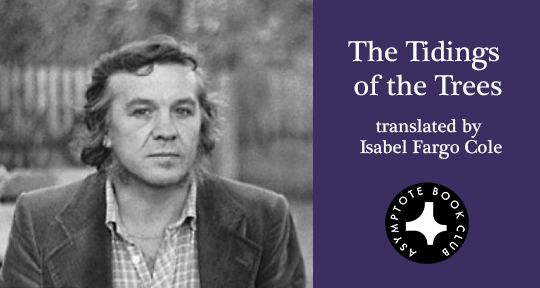After Fireflies’s acclaimed release in 2018, we are thrilled to present our July Book Club selection: Luis Sagasti’s A Musical Offering, the Argentine author’s second translation into English by Charco Press. Out this month in the UK alone, it is an early gift to our subscribers overseas. And what a gift it is: adding plenty of heart to the author’s signature heady humor, this exquisitely lyrical, genre-bending work explores music’s ties to everything from sand paintings to stars—and above all, perhaps, its ability to ward off death and loneliness.
The Asymptote Book Club aspires to bring the best in translated fiction every month to readers around the world. You can sign up to receive next month’s selection on our website for as little as USD15 per book; once you’re a member, you can join the online discussion on our Facebook page!
A Musical Offering by Luis Sagasti, translated from the Spanish by Fionn Petch, Charco Press, 2020
In his classic Gödel, Escher, Bach, Douglas Hofstadter waxes lyrical about the German composer’s BWV 1079. The Musical Offering is, he claims, J.S. Bach’s “supreme accomplishment in counterpoint”: “one large intellectual fugue” rife with forms and ideas, hidden references, and cheeky innuendos. The same could be said of Luis Sagasti’s near-eponymous book (the author humbly drops the “the” for an “a”), out now from Charco Press in Fionn Petch’s seamless rendition.
Anchored in music itself, this magpie suite of literary bites spans centuries, geographies, and disciplines. It opens with an allegedly nonfictional one-pager on the birth of the Goldberg Variations, another Bachian staple: in the retelling, Count Keyserling requests a musical sleep aid, to be executed nightly by the young virtuoso after whom it’ll be later named (a fetching origin story, no doubt, though I must side with those who think it apocryphal; as a seasoned insomniac, I can’t fathom sleeping through the shift from mellow aria to zesty first variatio, let alone the jump to outright fervid fifth).
Whatever its epistemic status—much of the book waltzes gracefully from fact to fiction—the narrative soon leads to something like a micro-essay packing a Borgesian punch: is Goldberg an inverted Scheherezade, Sagasti wonders, his endless performance meant to usher in sleep’s “little death” rather than stall it? These musings, in turn, link to a personal anecdote—the author humming his favorite lullaby—echoed in what can only be described as aphorism: “When a child first learns to hum a melody, the child stops being music and (…) becomes [its] receptacle” (or, ditching poetry for pop, “No child could fall asleep to [the Beatles’s] ‘Tomorrow Never Knows’”). This is just a sample; a thousand and one ties can be drawn among snippets on music and sleep, silence, space, or war, not just within the book’s broadly themed sections but across them—a veritable fugue of insights and literary forms. READ MORE…















